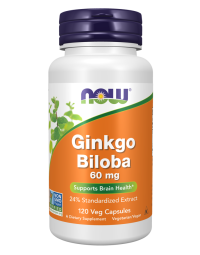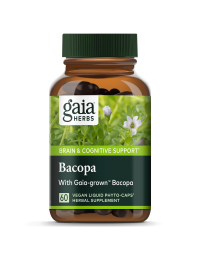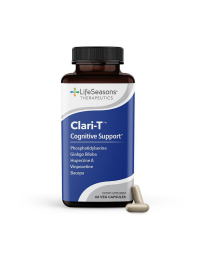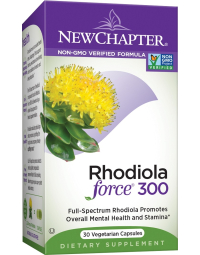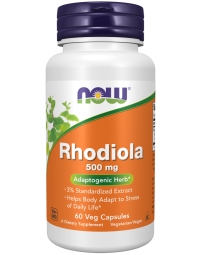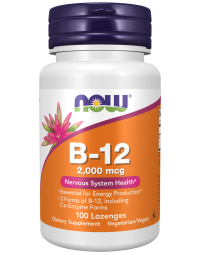Have you ever felt like you're walking through a mental mist, struggling with concentration, feeling mentally drained, or experiencing an overall lack of mental clarity? If these experiences ring a bell, you might be dealing with what's commonly known as brain fog. In this article, we will delve into what is brain fog and how to combat it, explore its potential causes, and provide effective strategies to combat it.
Brain fog is a term that encompasses a variety of cognitive symptoms that can negatively impact your ability to think clearly, focus, and recall information. It's typically characterized by a sense of mental confusion or a lack of mental sharpness. Brain fog itself isn't a medical diagnosis, but it serves as a symptom of other health concerns or could be a result of various contributing factors. It can be triggered by a range of factors, including stress, inadequate sleep, hormonal fluctuations, certain medications, poor dietary choices, and underlying health issues.


Combatting Brain Fog
One of the most effective ways to improve cognitive function and reduce brain fog is by cultivating healthy lifestyle habits. Regular physical exercise, for instance, boosts blood flow to the brain and stimulates the release of endorphins, enhancing mental clarity. Adequate sleep is essential for brain health as it allows your brain to recharge and process information effectively. Good sleep hygiene is vital for clearer thinking. Lack of quality sleep can increase stress levels and exacerbate brain fog symptoms. Establishing a consistent sleep schedule, creating a calming bedtime routine, and ensuring a comfortable sleep environment are all crucial for enhanced cognitive performance.
Dietary changes can also help reduce brain fog. Foods rich in omega-3 fatty acids like fish, flaxseeds, and walnuts can support brain health. Additionally, antioxidant-rich fruits and vegetables, like blueberries and spinach, can counteract oxidative stress and enhance cognitive function.
Stress can significantly impact mental clarity and cognitive function, often leading to brain fog. When stress levels are high, focusing, clear thinking, and effective memory recall can become challenging. Incorporating stress reduction techniques into your daily routine can be an effective strategy for managing stress. This can include activities like deep breathing exercises, meditation, yoga, or engaging in hobbies that you enjoy. Actively managing stress can help alleviate brain fog and improve your overall cognitive performance.


The Role of Nutrition in Managing Brain Fog
When combating brain fog, including key nutrients in your diet can make a significant difference. These nutrients support brain function and help improve mental clarity. Natural supplements and herbs can also help combat brain fog. For example, Ginkgo biloba has been traditionally used to enhance memory and cognitive function. Bacopa monnieri, another herb, has been found to aid in boosting brain blood flow and improving focus and memory. Rhodiola rosea, for instance, is known for its adaptogenic properties and ability to help reduce mental fatigue. By incorporating these natural supplements and herbs into your daily routine, you may experience improved brain function and a sharper mind.
Omega-3 fatty acids, present in fatty fish like salmon and trout, are essential for brain health. They help maintain healthy inflammation levels, promote better blood flow, and support brain cell structure. Other sources of omega-3s include algae, walnuts, chia seeds, and flaxseeds. Antioxidants like vitamins C and E protect the brain from oxidative stress and damage caused by free radicals. Foods rich in antioxidants include berries, dark chocolate, spinach, and broccoli. B vitamins, particularly vitamin B12, are crucial for brain function and neurotransmitter production. Foods like eggs, dairy products, lean meats, and fortified cereals can ensure an adequate intake of these vitamins.

